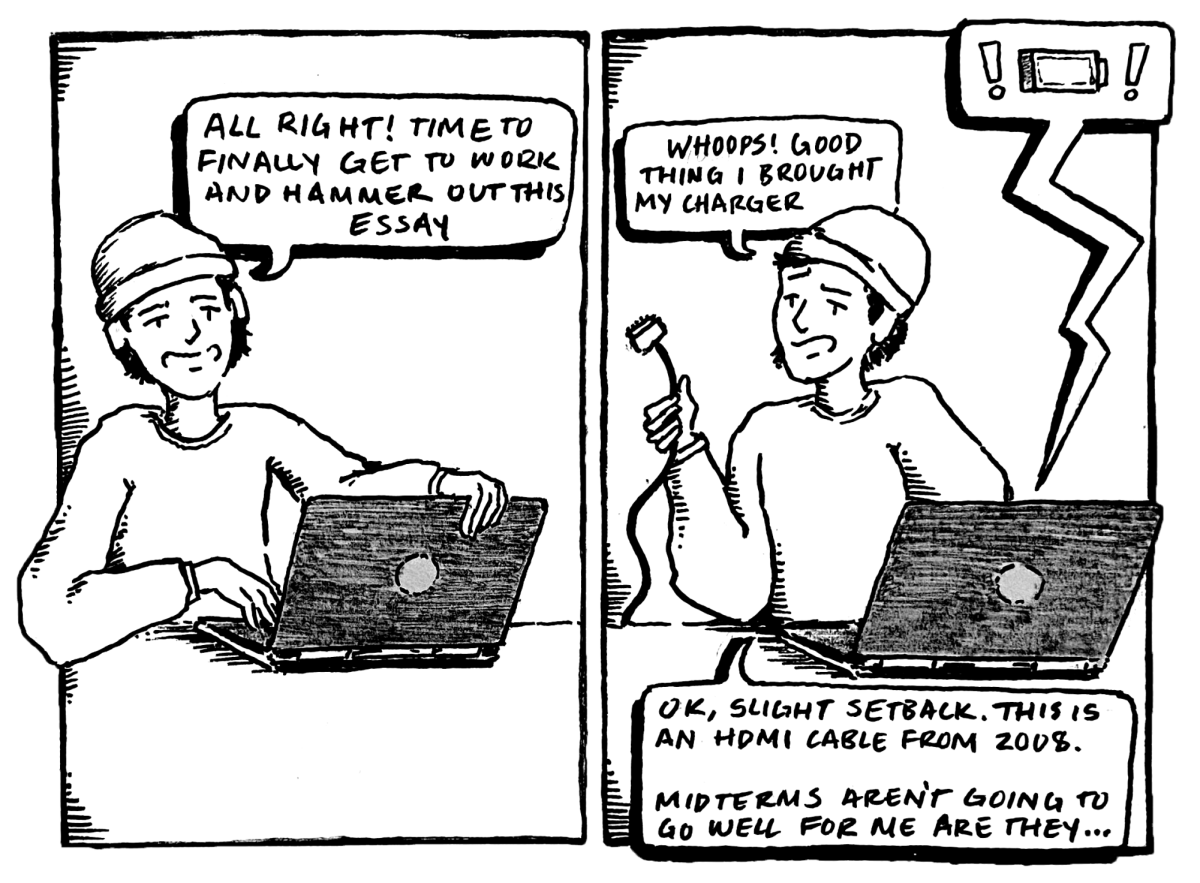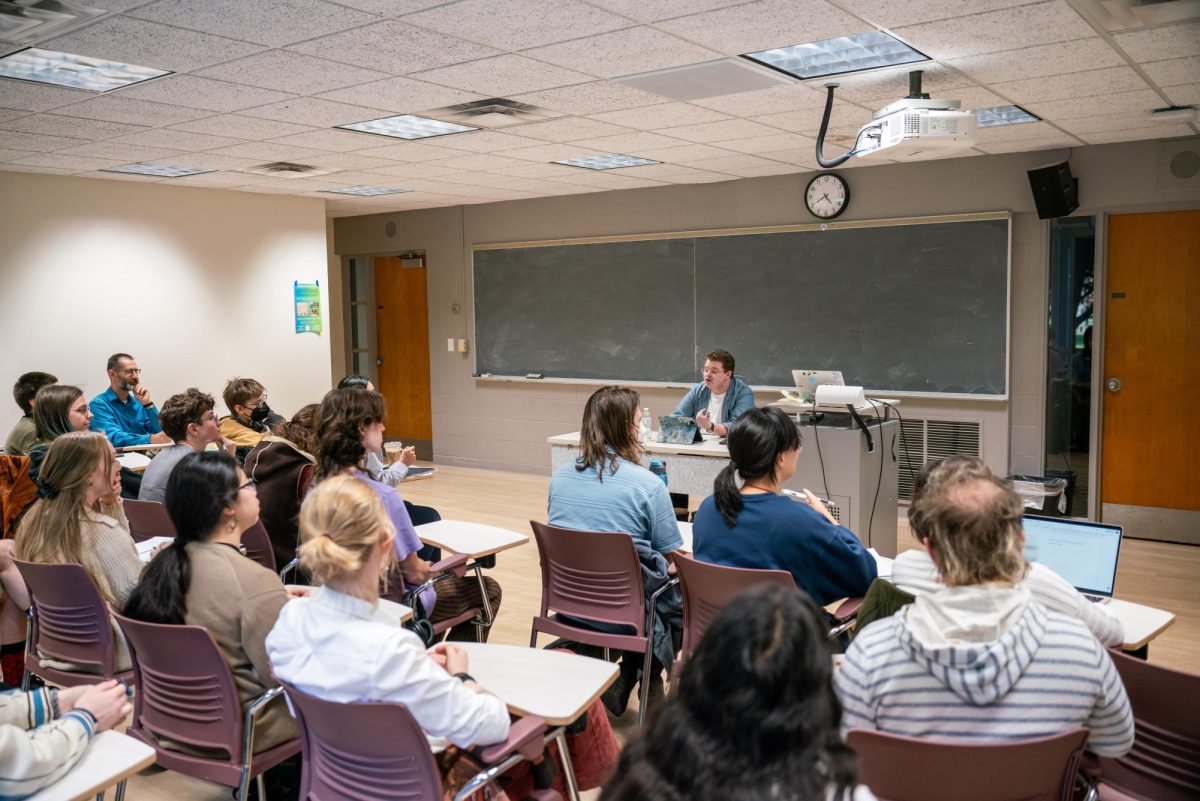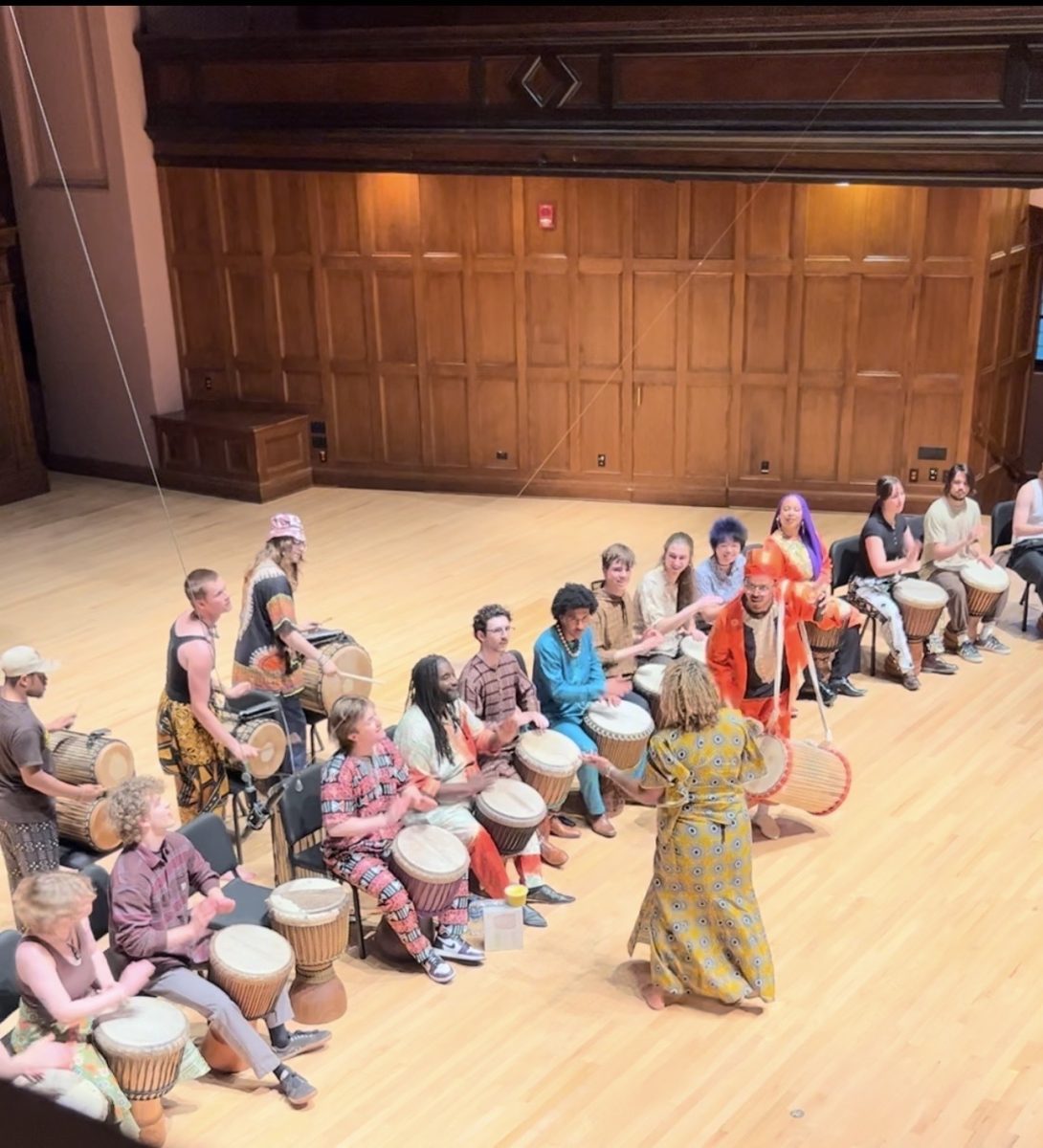Use of Chemical Weapons Requires U.S. Action
September 6, 2013
The question of a limited American military intervention has come to the forefront of American politics in the past week. Lawmakers have been split, not along the traditional party lines, but into the age-old divide between those who wish to see our nation intervene abroad and those who would rather not see the United States get involved in costly military adventures around the globe.
The Obama administration’s push for missile strikes in Syria in retaliation for a chemical attack that killed almost 1,500 Syrian civilians on Aug. 21 in a Damascus suburb has been met with approval by many political leaders, as well as dissent from many in and outside the government.
Although many people say it is not necessary to seek congressional approval for the attack, the president has done so, and with good reason — he needs political support for the strikes in order to avoid looking like a warmonger. The limited strikes, though they have many possible downsides, unintended consequences and not entirely altruistic motives, are the right thing to do. The civil war in Syria does not have a military solution.
The world powers, whether they are in support of the Assad government or not, will not be able to impose peace on the war-ridden nation. Only a political solution will resolve the conflict. That said, the recent chemical attacks seem to have been conclusively perpetrated by the Syrian government. A government that kills its own people in an attempt to stay in power fails to provide its most basic function — the provision of law, order and security. A limited, retaliatory U.S. missile strike in response to the use of chemical weapons would show the Syrian government that there are boundaries to the level of violence the international community will accept.
The ban on chemical weapons is one of the few internationally recognized protocols of war. Chemical weapons are an ineffective weapon against organized military forces and are used, as they were in late July, to kill and terrorize civilians. The Assad government is attempting to cow its own people into submission by using fear to regain control of a populace that has risen up because of the Syrian regime’s continued oppressive and anti-democratic nature.
If the United States does not make it clear that the use of chemical weapons is unacceptable, it will set a precedent for their continued use by the world’s various pariah regimes and any government attempting to rule through fear instead of justice and popular legitimacy.
The prospect of American missile strikes in Syria, while necessary, is nevertheless a loathsome option, brought on by an international paralysis and an inability of the United Nations to enforce a peaceful solution. The United Nations was created in order to prevent another catastrophe on the scale of the second World War, but if it cannot solve a civil war in one country, can we rely on the U.N. to solve larger interntaional conflicts?
The human rights treaty body system theoretically governs the way people are to be treated around the world and was enacted specifically to prevent large-scale civilian casualties like those happening in Syria. These are the institutions that currently exist to prevent the atrocities occurring daily in Syria, and they are completely failing to ameliorate the situation on the ground.
The U.N. has passed many sanctions, formed many commissions and filed many reports, all decrying the violence in Syria. In the face of such ineffective action by the only legitimate global peacekeeping organization, the United States must step in to impose boundaries on the cruelty of the Syrian government. If it does not, the Syrian Civil War will continue to spiral out of control.
With 100,000 deaths and counting, something must be done to prevent more mass slaughter. If the U.S. shows the Syrian government the limits of the horror Syria can inflict on its own people, they might be more amenable to a negotiated solution. Ultimately, peace can only come from within Syria, and small-scale U.S. intervention might help bring that about.


















